HEALTH
The coconut – a superfood and a valuable source of oil

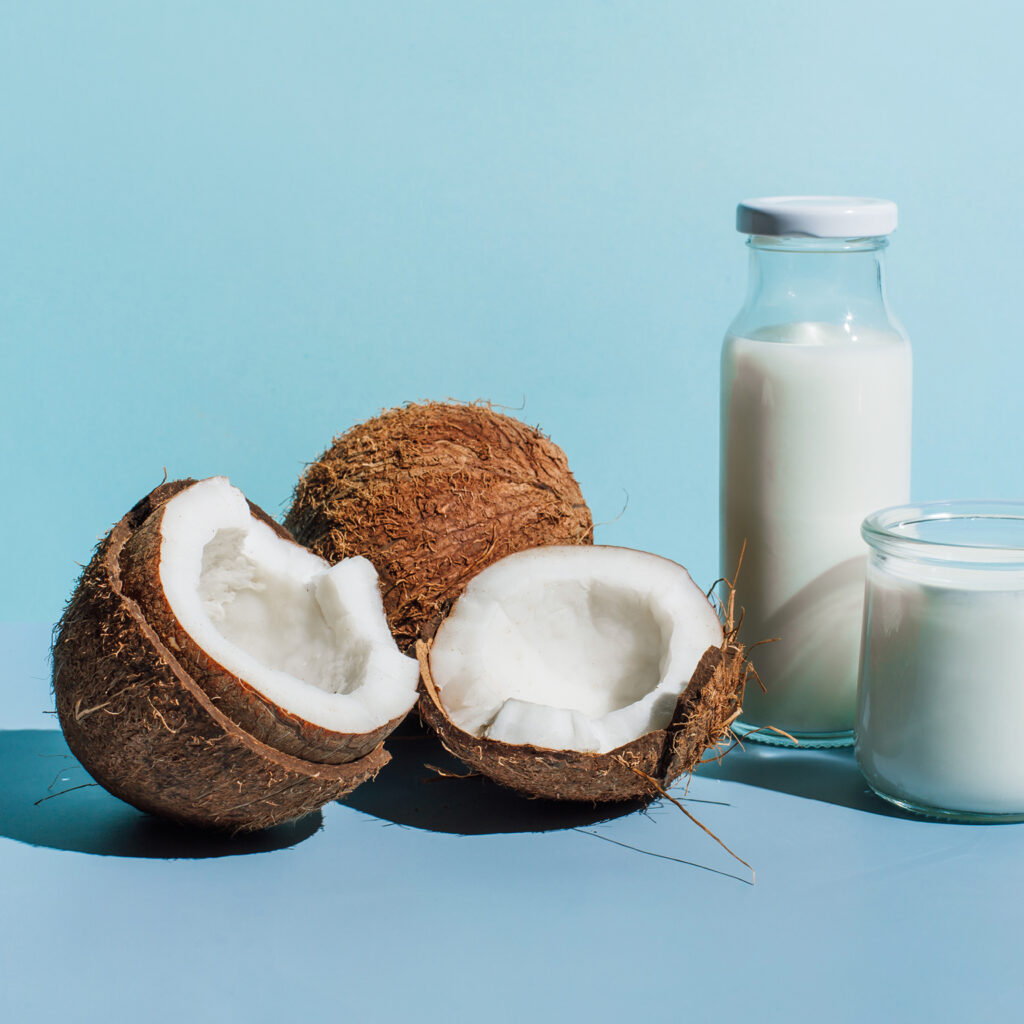
The coconut as a powerhouse of a fruit: gluten-free, versatile and naturally vegan
For people in the South Pacific, coconuts are a staple food – and one which brings them long, healthy lives.
So, what are coconuts all about? We’re off to find out more about a very special superfood…
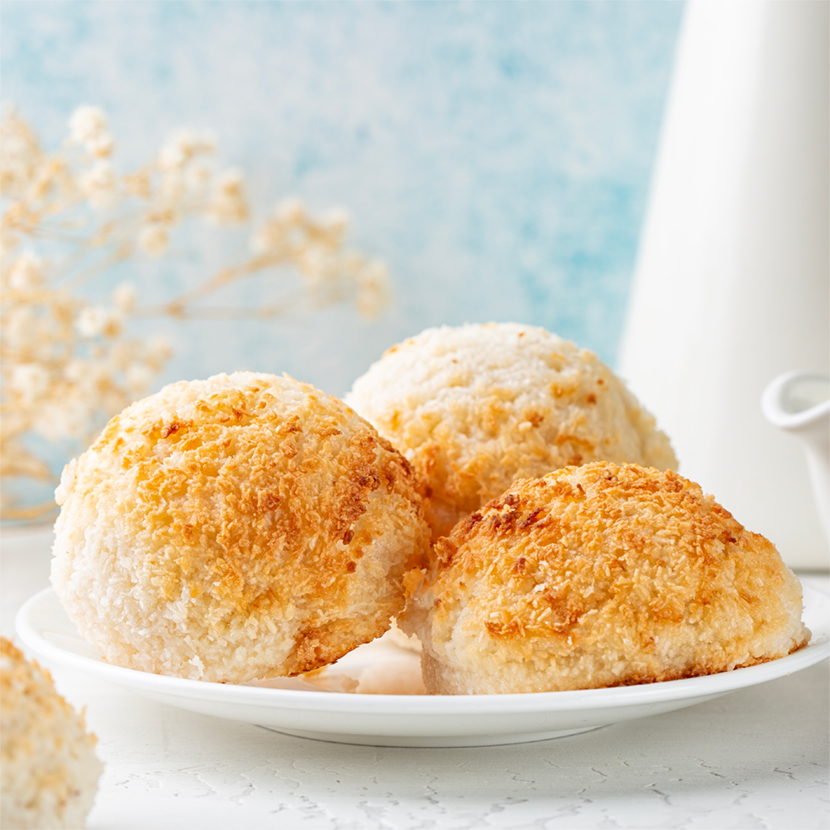
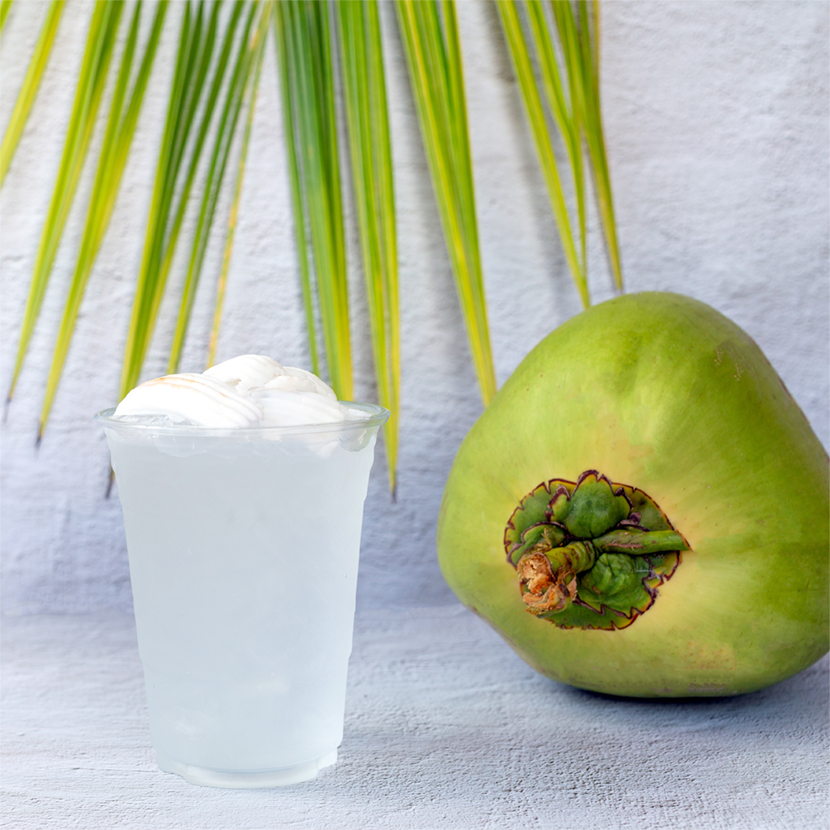
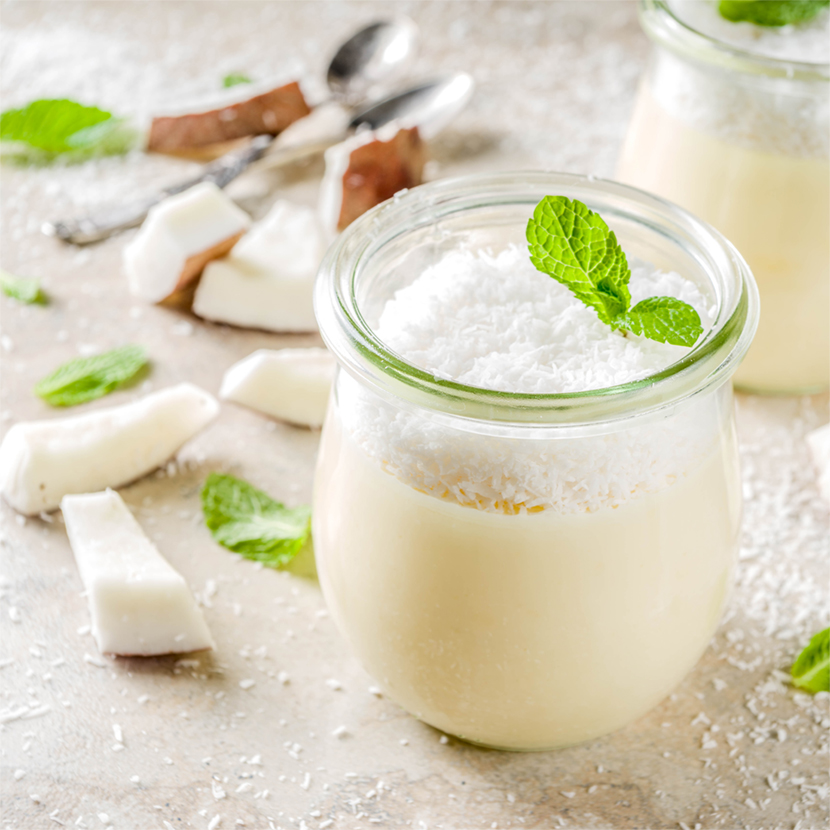
Gentle production methods, substances which are useful for the body
On closer inspection, it turns out that this delicious tropical fruit is a real wellness booster, and a very valuable addition to our diets. And not just for vegans! By cold-pressing the dried coconut flesh, also known as copra, pure, valuable, non-hardened coconut oil can be obtained. This gentle process means that the valuable substances in the coconut remain intact. The fatty essence is rich in macro-elements such as calcium, phosphorus, magnesium, potassium; the trace elements iron, zinc, manganese and copper, as well as B vitamins, Vitamin E and essential amino acids. And it’s mainly made up of medium-chain fatty acids.
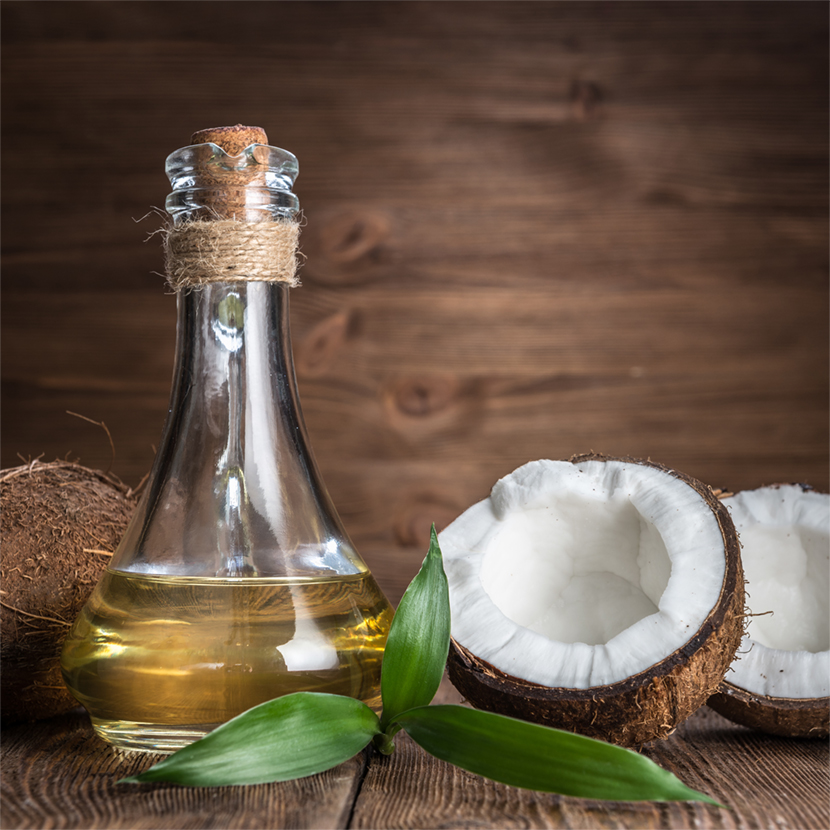
Rich in MCT oil
Medium-chain fatty acids (so-called MCTs) are very easy to digest, require no bile to be digested, and due to their high water-solubility, reach the bloodstream and the liver quickly. It’s here that they are converted into ketones, which are then converted into ATP in the mitochondria.
As such, the medium-chain fatty acids are used not so much for storing energy, but as a source of energy – particularly for the brain. This means the body gets the energy it needs for its cells.
The fact that these fatty acids don’t get stored is why they don’t lead to obesity; instead, they can even help you to lose weight.
Most of the saturated fats in coconut oil (around 50%) are accounted for by lauric acid. This fatty acid in particular has the effect of keeping gram-positive bacteria in check (Kabara et al. (1972), Petschow et al. (1996). This means that the bacteria needed for digestion, which are mainly gram-negative, are not affected negatively, while the damaging gram-positive bacteria are inhibited. This is similar for enveloped viruses (Thormar et al. (1987).
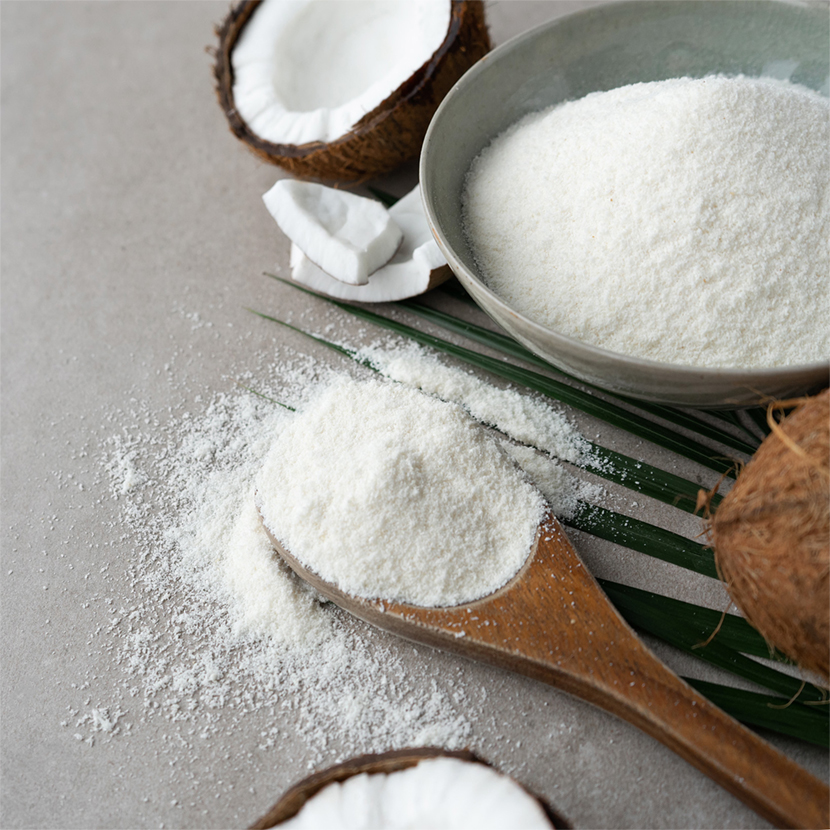
Coconut as a versatile superfood
In addition to providing us with coconut oil, coconuts also give us the superfood coconut flour, which is a godsend – particularly for people with sensitivities. During the production process, all the excess fat is removed from the basic ingredient. What’s left is a tasty, easy-to-use flour which is rich in fiber, and free from gluten, phytic acid and cholesterol, all while being low in fat. In this way, it combines many outstanding properties of an optimal raw ingredient which can be used in very versatile ways in the kitchen: as a baking ingredient for many different kinds of cake, for cooking, breading, for delicate desserts, or as the basis for delicious bread.
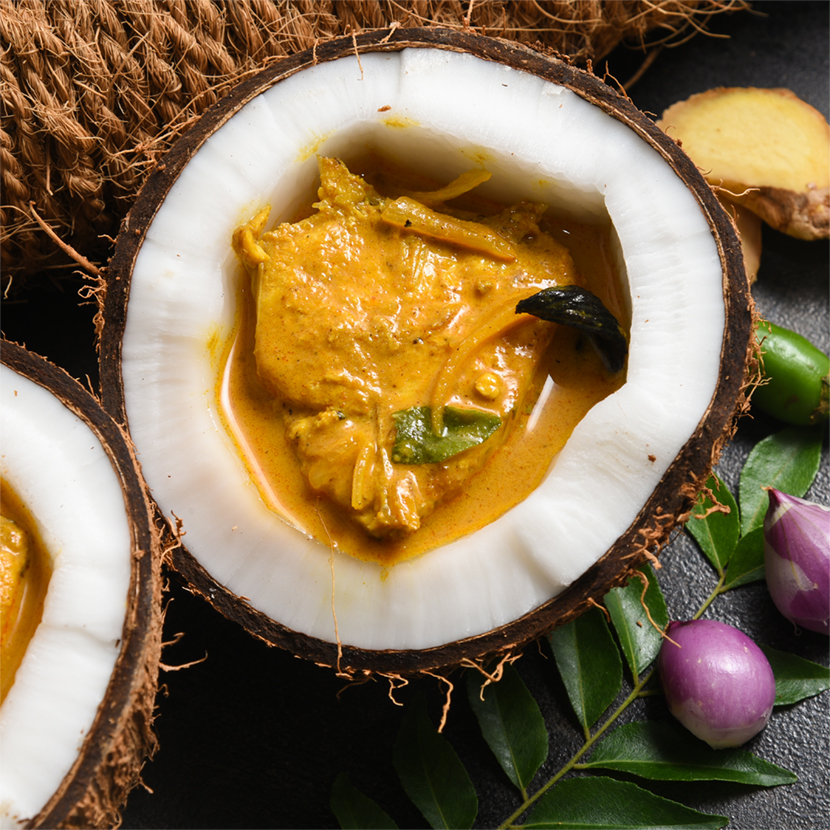
Coconut: the gluten-free all-rounder
This delicious all-rounder always provides a very digestible basis for dishes – all without any gluten at all. These means that coconut flour is also a really great food for coeliacs (people who are intolerant to gluten, as it causes inflammation in their small intestine). As well as containing a very diverse range of nutrients, coconut flour is known for being very digestible. In addition to providing many essential amino acids, it is also a source of unsaturated fatty acids, which aid the body’s absorption of minerals and fat-soluble vitamins from food.
As is the case with coconut oil, the fats in coconut flour are mainly made up of medium-chain fatty acids, which means that the body has readily available energy on hand which won’t be stored as fat.


